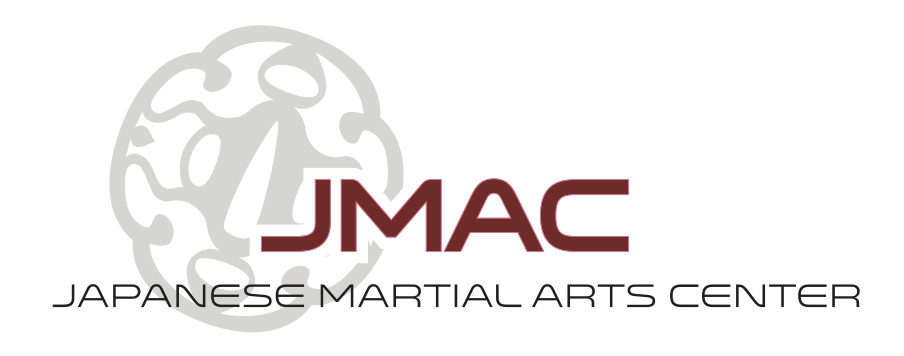Basic Words
Transcript - Basic Words
Some basic words you need to know in the beginning are all around participating, interacting with the instructors, and doing the formalities at the beginning and end.
The first and most important word in our entire vocabulary is the word "Hai!"
Hai doesn't mean "hi" like hello, in Japanese it means "Yes!" — and we say it with energy and enthusiasm, so whenever an instructor says, "Hey, bend your knee," or "Don't forget to stand up straight," or "Look over here," you say "Hai!" That energy and enthusiasm will help your nervous system stay activated and also indicate to the people around you that you're enthusiastic about your training.
The next word is just a word for teacher: Sensei. By the way, it's not some exalted term. Sensei literally means "born before." It's somebody who's been around the martial arts longer than you, and maybe has a few things that can guide you along your path.
We then go on to some of the words that are used in the bowing ceremony. The first word is "Kiotsuke!" Literally, it means bring your energy together. It's like "attention," or "stand up straight," and it's just a time to really snap to, be ready for anything that comes.
Next you'll hear "shomen ni"— that means "face front" — you'll hear "shomen ni rei"— bow to the front, indicating your respect for the history and traditions of the school.
You'll hear, "sensei ni rei" — which means, bow to show respect to the instructor, and when you do that you'll say "onegaishimasu!" Onegaishimasu means," I request." It's a general request, it's just a way of saying, "Hey, I would like to work with you, please treat me well."
At the end of class, in that spot, when you're bowing to the instructor, instead of onegaishimasu, you say "arigato gozaimashita." Arigato means thank you, gozaimashita is the past tense of a polite way of saying something. You say "arigato gozaimashita."
After that, it's time for the meditation. Someone will call the mokusou. You may have noticed that the mokusou is done in a rising tone. That's to bring everybody up from their resting state to a more exalted state of existence. "Mokusou yame" means stop, and then you'll hear "kiritsu" — to stand up. Everybody bows and says some words then, it's not a bad thing at the end of class to say "arigato gozaimashita" again — thank you very much.
In the next video, we're going to talk a little bit about the supportive attitude, what are some things you can do to support yourself, your classmates, your instructors, and make sure that we're all working together.
